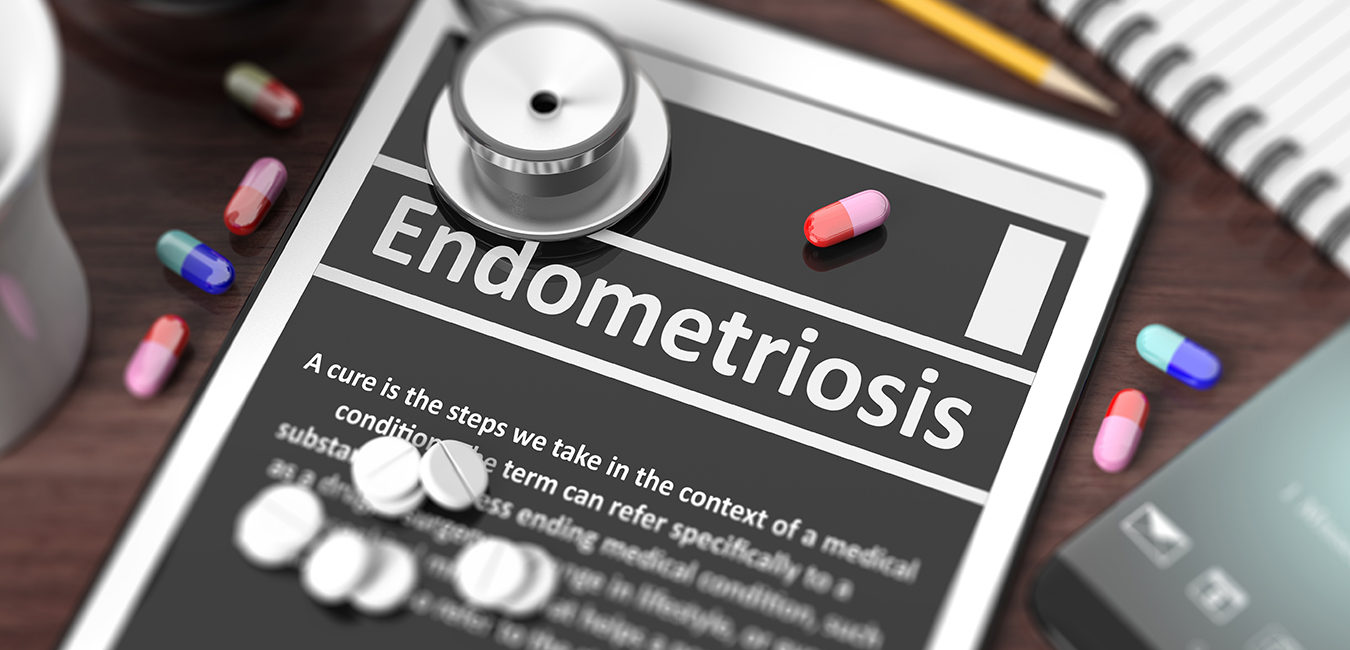Women with endometriosis—the growth of uterine tissue outside the uterus—tend to focus their concerns on health problems such as debilitating pelvic pain and infertility. But new research suggests that women with the condition may also face another more deadly health threat: heart disease.
Endometriosis, which strikes women of reproductive age, particularly in the later childbearing years, is characterized by the migration of endometrial tissue throughout the pelvis. The tissue sheds with each menstrual cycle, just like the tissue within the uterus, but having no outlet, it causes pain and irritation and eventually develops scar tissue and adhesions between pelvic organs that can interfere with reproduction.
The research, from the Harvard T.H. Chan School of Public Health and Brigham and Women’s Hospital in Boston, examined the medical records of 116,430 women in the Womens’ Health Study who were followed for 20 years. Researchers found that women diagnosed with endometriosis were 1.52 times more likely to have a heart attack than women without the condition ,1.35 times more likely to need bypass surgery or to have an artery stented, and almost twice as likely to develop heart related chest pain called angina.
The link was strongest among women ages 40 and younger. This group was three times more likely than healthy women in the same age group to have a heart attack, develop chest pain, or need treatment for atherosclerosis. After age 50, the added heart disease risk due to endometriosis faded.
The data also showed that endometriosis patients who’d had a hysterectomy had a higher incidence of cardiovascular disease. That’s not too surprising: Women who experience this common procedure are often thrust into premature menopause and lose the heart-protective effects of estrogen. But when study researchers adjusted the data to account for other factors, they determined that hysterectomy explained only part of the association between endometriosis and heart incidents. They speculated that other factors, such as inflammation, may be involved.
In fact previous research has found connections between the two. The peritoneal fluid of women with endometriosis has been shown to contain elevated levels of a number of inflammatory factors, as compared with healthy women, according to one study. And endometriosis has been linked to systemic inflammation, higher oxidative stress, and an atherogenic lipid profile (i.e., abnormal cholesterol levels). The study’s authors conclude that these three factors, as well as the synergistic effect of all three, could be other culprits behind the added cardiovascular risk. Subclinical inflammation can be detected by blood tests and can help women who have or have had endometriosis know if they may be at an increased risk of cardiovascular problems.
The findings, researchers say, suggest that women who face the painful pelvic disease use caution when considering hysterectomy or at least to weigh the possible consequences for their cardiovascular health. Until doctors know more, it may make sense for them to have their heart disease risk factors more carefully scrutinized and to do their best to follow a heart-healthy lifestyle. Healthy eating, regular exercise, and a commitment to stress management may do much to offset the risk of heart disease, whatever the sources.

